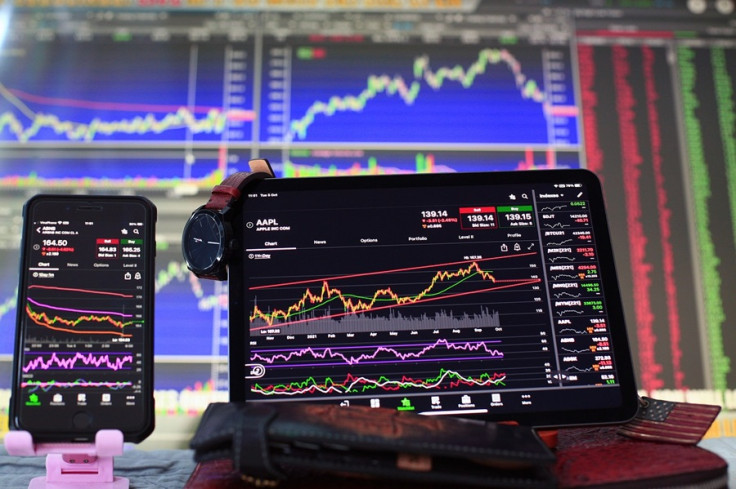Australian Share Market Plunges AU$160 Billion Amid US Recession Fears

The Australian share market lost AU$160 billion as the ASX experienced the most vicious two-day sell-off in four years due to global panic selling prompted by fears of a U.S. recession.
The benchmark S&P/ASX200 index on Monday fell 293.6 points, or 3.7%, to 7,649, its biggest single day drop in four years, since the onset of COVID in May 2020, AAP reported.
"The markets are in meltdown and it's a sea of red across the world," said Capital.com analyst Kyle Rodda.
Financial experts, however, said a positive outcome of Monday's drop would be that the Reserve Bank of Australia will not raise the cash rate when the board meets on Tuesday.
"A lot can change seemingly overnight in the world of central banks and what we've seen transpire over the past week certainly speaks to this," said T. Rowe Price portfolio manager Scott Solomon. "Markets saw a nearly 50% chance of a hike by the RBA before the end of the year get completely turned on its head, with markets now pricing nearly a 100% chance of a cut before the year is out."
Based on reports by Sydney-based Ophir Asset Management, the losses over two days trading amounted to AU$160bn, with more than $105bn loss on Monday.
Risk-assets, including equities and equities and certain currencies such as the Australian dollar, were down across Asian markets following the global selling, reported The Guardian.
The panic selling erupted after the U.S. Federal Reserve indicated a cut in interest rate, which the investors interpreted as a sign of a stumbling U.S. economy.
In addition, the U.S. unemployment rate unexpectedly climbed to 4.3% on Friday, reaching its highest point in nearly three years. This rise triggered the Sahm rule, indicating a recession might be starting if the average unemployment rate over three months goes up by 0.5 percentage points in a year.
"Frankly, the market has started pricing in bad news as bad news," said Omkar Joshi, chief investment officer at Opal Capital Management. "Previously, markets have actually rallied off the back of rate cuts. The big difference is this time, bad news has been taken to be bad news, and markets have come off quite aggressively. The concern with the payroll data is that it can imply a recession is coming quicker ... and that it is a bad indicator in terms of the health of the economy."
After Nasdaq dropped 2.43% on Wall Street on Friday, IT stocks were the worst hit, falling by 6.61% on the ASX. The remaining 10 industrial sectors were down more than 1.5%.
The Big Four banks were also hit with CBA down 5.7%, NAB falling 4.6%, ANZ and Westpac down by 4.5%.
Healthcare stocks fared a bit better, falling only 1.8%.
© Copyright 2025 IBTimes AU. All rights reserved.





















